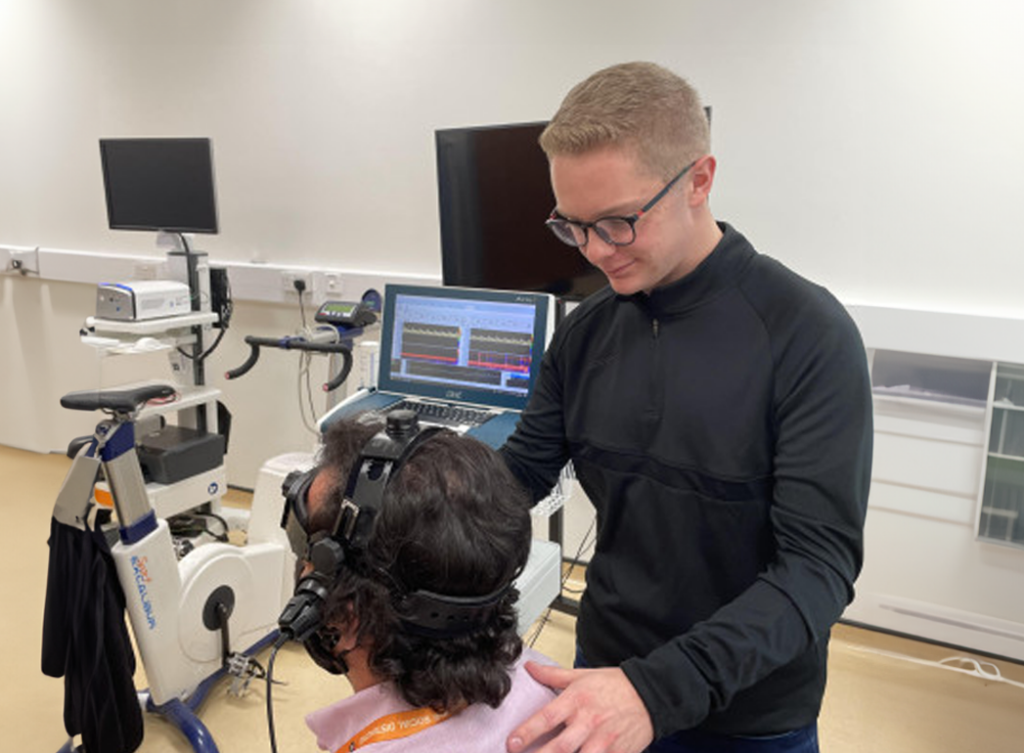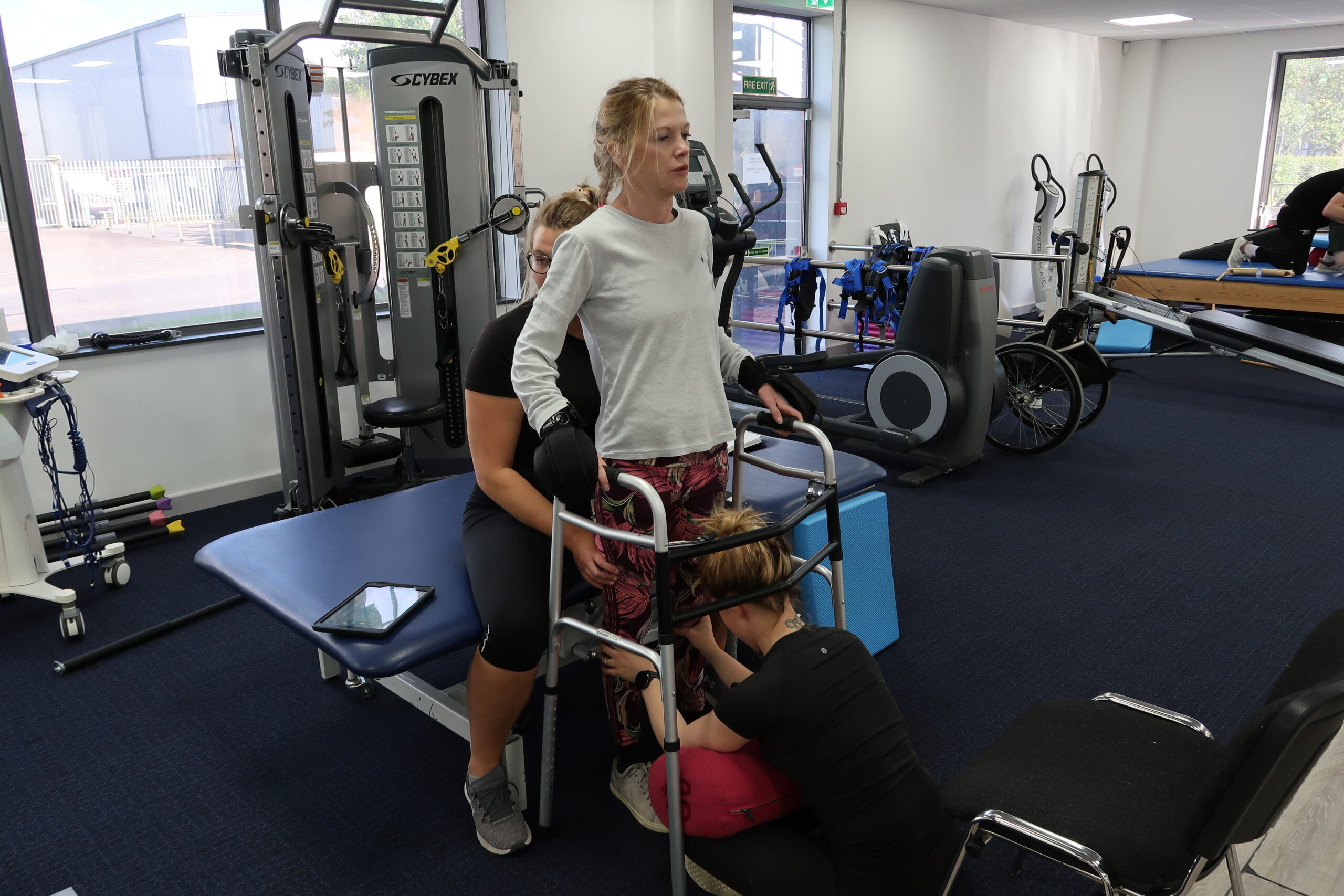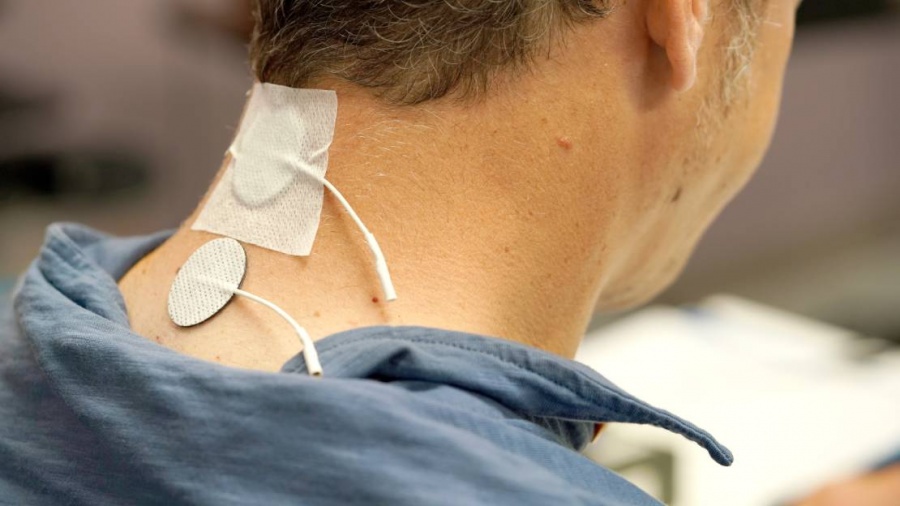Having completed an MSci in Sport, Exercise, and Health Sciences, Daniel began a PhD in September 2021, funded by Spinal Research to investigate whether non-invasive, transcutaneous neuromodulation can improve exercise capacity in individuals with spinal cord injury. Daniel is based in the Nightingale Lab at the University of Birmingham.

Why Spinal Cord Injury Research is important to Daniel
“Whilst we know that spinal cord injury (SCI) affects motor function, many individuals also suffer from a hidden impairment known as autonomic cardiovascular dysfunction. This results in impaired physiological responses to exercise. Overtime, this has a profound impact on cardiorespiratory fitness and increases the risk of chronic disease. Neuromodulation strategies (such as epidural or transcutaneous spinal cord stimulation) have shown a huge potential to improve exercise performance and cardiorespiratory fitness in individuals with SCI. I am honoured to have the opportunity to tackle these issues during my PhD by investigating these novel neuromodulation strategies. From the conversations I’ve had with participants, it is extremely gratifying to hear that our research is working towards improving the health-related quality of life of people in the SCI community.”


